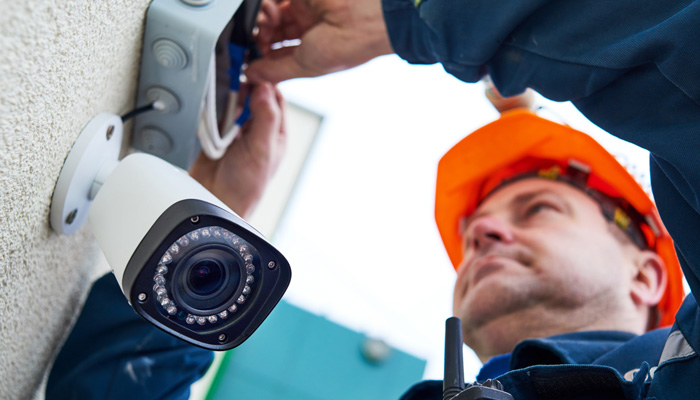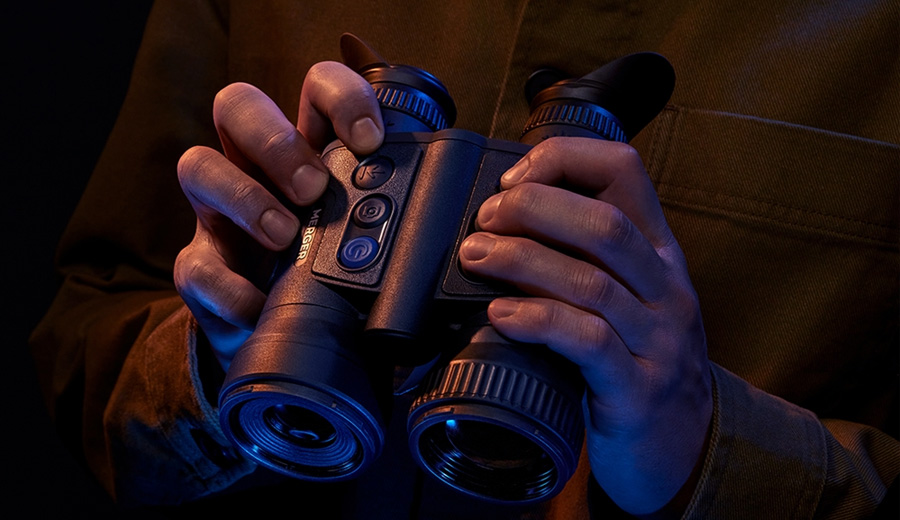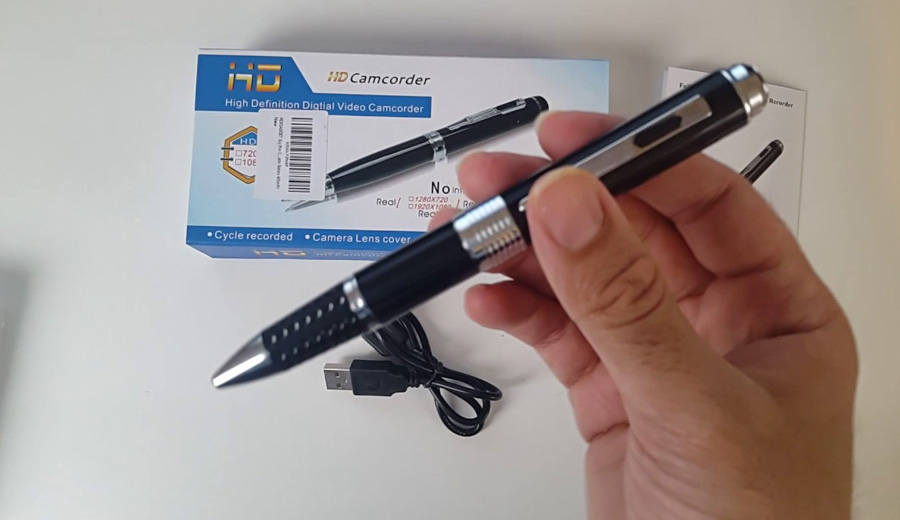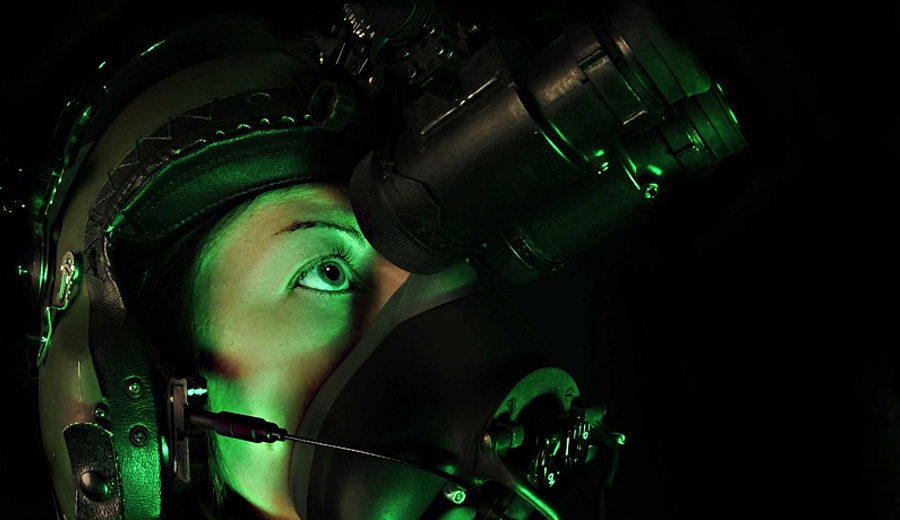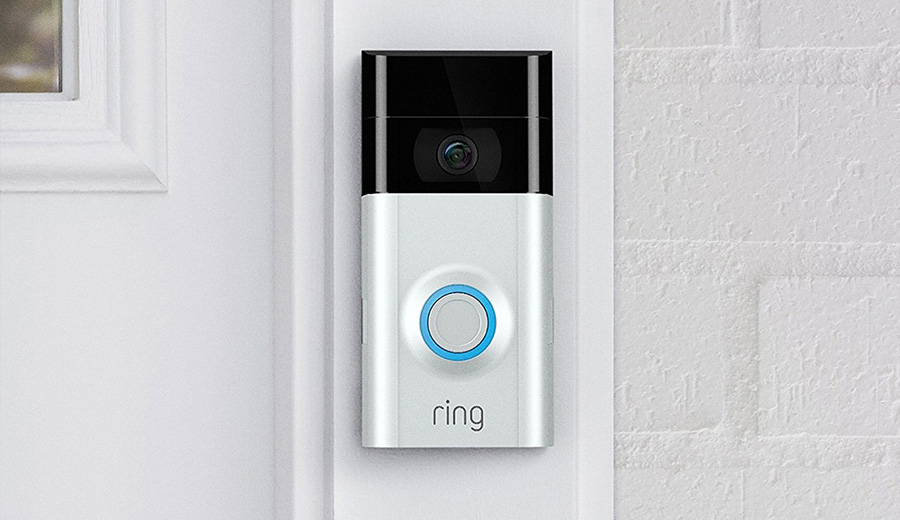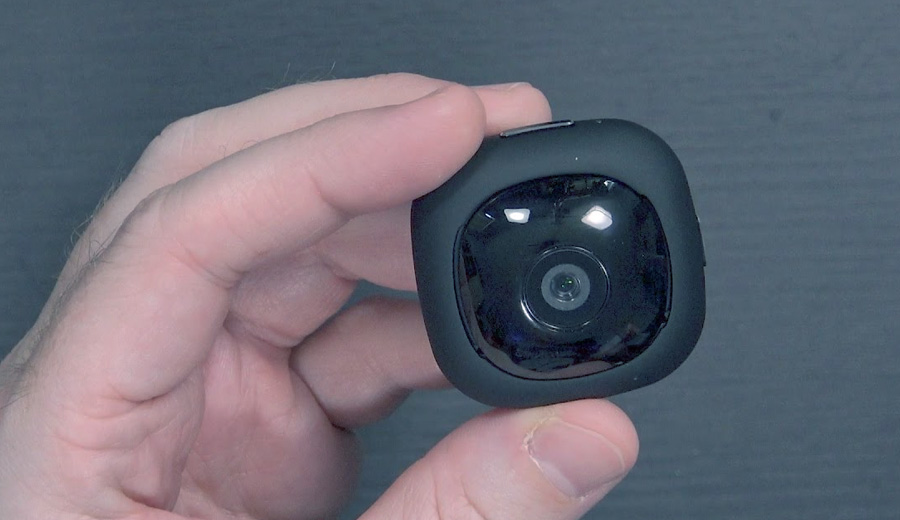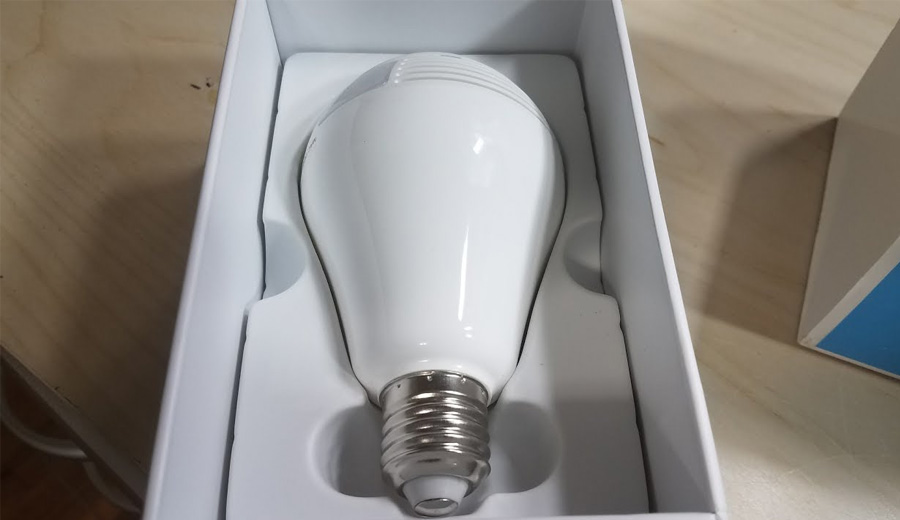Of course! There are surveillance cameras operating independent of power outlet. We call them – wireless cameras. They often operate on battery or solar power.
Even though, some wired security camera systems come with battery backup features, these batteries mostly serve as a failsafe mechanism in case of power outages or disruptions.
Most homeowners who don’t want to deal with wiring of cameras, often opt for battery powered camera surveillance systems.
Generally, such cameras are designed with rechargeable batteries that last for 3 to 6 months. (In some cases, batteries can last up to 2 years).
Additionally, some portable spy devices come with solar panels that prolong their battery life.
They use solar panels that will convert the sunlight to electricity and power the camera.
Homeowners, residing in areas with lots of sun, can install solar powered security cameras.
Basically, there are few choices when it comes to spy cameras that operate without a power unit. You go either with traditional wireless system or solar powered one.
One crucial thing to remember is that batteries for cameras, like any other equipment, will have to be recharged after a certain time.
For solar cameras, weather becomes a key to function. They simply won’t operate well in cloudy or stormy weather.
Why Choose Battery Powered Cameras?
Let’s take a look at several benefits of using spy or security cameras that work without a power supply:
1. Easy installation: It is simple to set up security cameras that draw power from batteries or the sun since they do not need any cables.
They are a suitable choice for the homeowners that do not feel comfortable drilling through walls and ceilings.
2. Flexibility: You may install battery or solar-powered security cameras in any place in your property. No need to worry about power source.
They are well suited for remote surveillance of your property.
3. Peace of mind: You can be rest assured that your premises are being monitored around the clock even when there’s power failure.
Key Factors to Look for in a Wireless Security Camera
Now, let’s delve into some key factors to consider when choosing a wireless security camera:
1. Resolution: Choose a camera that has high resolution capabilities – at least 1080p in order to provide crips and clear distinctive images that help with recognition of faces or objects.
2. Night Vision: When it comes to low light, avoid cameras that do not have infrared (IR) or low-light features. The distance of night vision must be put into consideration, with some cameras offering up to hundred feet and more in darkness.
3. Motion Detection: Go for a camera that has adjustable motion detection. They also can send alerts or notify you on your smartphone or e-mail when it detects a movement.
4. Two-Way Audio: Think about having two-way communication with built-in microphones and speakers. These would enable you interact with visitors and potentially scare away any intruders.
5. Remote Viewing: Make sure the camera can be viewed remotely using a smartphone app or a web-based interface. These days many systems offer this functionality.
If 20 years ago, most security cameras needed power to operate, today there are tons of options that can cater for different needs and circumstances.
There is no one type of camera that works all cases; wired, battery-powered, or solar-powered versions provide different benefits depending on your situation.
When picking a wireless security camera, take into account features such as resolution, night vision, motion detection, remote viewing. You’ll definitely find something you’re looking for.

